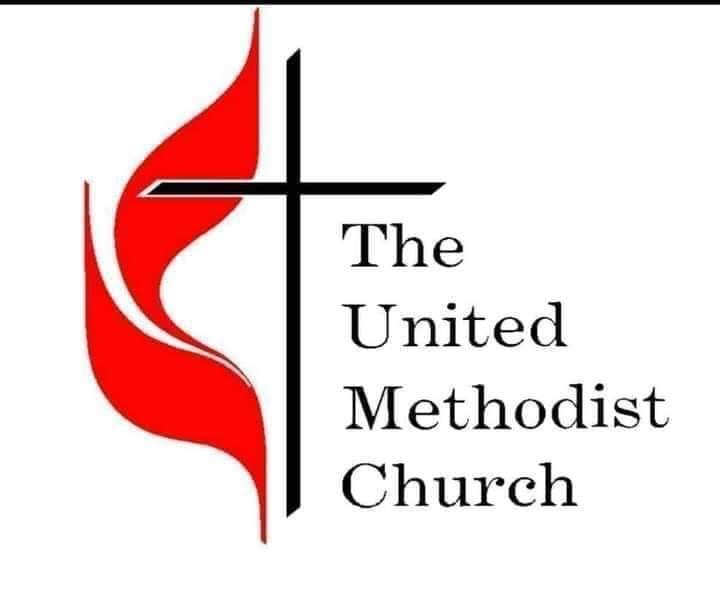In recent weeks, rumors have surfaced regarding the alleged acceptance of gay marriage within the Liberia Chapter of the United Methodist Church (UMC).
These rumors have sparked outrage and concern among many Liberians, as the country’s laws and traditional values strongly oppose same-sex marriage and any form of LGBTQ practices.
As these claims continue to circulate, the issue has now evolved into a significant leadership crisis within the church, threatening to destabilize the spiritual and social fabric of one of Liberia’s most prominent religious institutions.
At the center of this controversy is Bishop Samuel Quire, whose leadership has come under scrutiny as some within the church are said to be pushing for his removal.
Credible sources suggest that the rumors of gay marriage acceptance within the UMC in Liberia are part of a well-coordinated campaign to undermine his authority and force his ousting. While these reports have yet to be substantiated, the church’s leadership faces an existential challenge that could have lasting implications for its future and the broader Christian community in Liberia.
At a Press Conference on Monday, October 14, 2024, Bishop Quire vehemently rejected the rumors of same-sex marriage or acceptance in the Liberia Annual Conference of the United Methodist Church.
Liberia is a deeply religious nation, where Christianity forms the moral bedrock of society. The majority of Liberians uphold traditional Christian values, and the country’s legal framework reflects this with its firm stance against same-sex marriage.
Any hint of LGBTQ acceptance within a religious institution such as the UMC naturally ignites tensions, as it threatens to erode the moral authority that the church has historically held. Thus, the leadership crisis within the UMC is not just a church matter—it is a national concern that resonates with the very core of Liberian identity.
What we are witnessing may not solely be a theological debate but a political struggle within the church itself. If indeed the rumors are a form of propaganda aimed at unseating Bishop Quire, it speaks to a deeper issue of power and control within the church.
The use of such divisive tactics to destabilize leadership points to a lack of unity and trust among the church’s hierarchy, which could lead to lasting fractures.
The leadership of the UMC in Liberia must act swiftly and decisively to address these rumors and restore confidence in the church’s governance. If these allegations are false, they must be openly refuted, and those responsible for spreading such divisive rhetoric should be held accountable.
On the other hand, if there is any truth to the claims, the church must reconcile its position with the laws and values of the Liberian people, who hold fast to their beliefs in the sanctity of marriage between a man and a woman.
In the midst of this crisis, it is important that the church and its leadership find a path forward that fosters unity rather than division. The UMC has long been a source of spiritual guidance for Liberians, and it is vital that the institution remains steadfast in upholding the values that resonate with its followers. The church’s response to this challenge will not only shape its future but also set a precedent for how religious institutions navigate complex social issues in Liberia.
In conclusion, while the issue of LGBTQ marriage acceptance may be a global debate, in Liberia, it is an issue that cuts to the heart of the nation’s identity. The United Methodist Church must navigate this leadership crisis with wisdom, integrity, and respect for the beliefs of its congregation. The Liberian people will be watching closely, and the way forward must be one that honors both the laws of the land and the values that have long guided the nation’s faith

